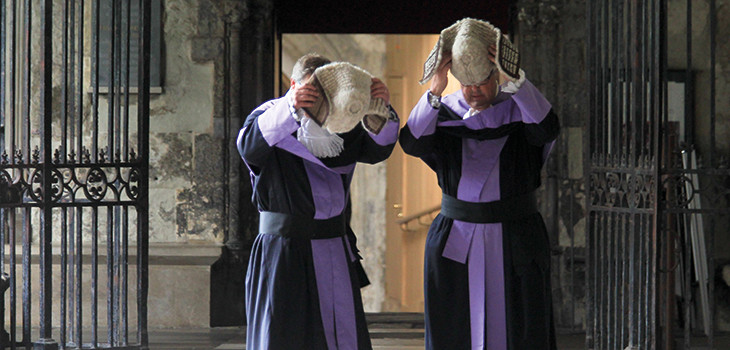
It may come as a surprise to learn that there are 22,000 judges in England and Wales. If judges were a regulated profession, they would be the second largest body of individuals involved in legal services. By comparison, as at 1 April 2021 there were only 17,123 barristers and only 8,769 Chartered Legal Executives out of a total CILEX membership of around 21,000.
There is no doubting that all of these judicial appointees do important work and that maintaining very high levels of confidence in them is perhaps the key element in maintaining confidence in the rule of law itself. Yet, how judges are regulated and disciplined, as well as when and why, is not well known even among legal professionals; still less among the public at large.
Means of investigation
Since it was formed in 2013, following a review by the late Lord Toulson, the Judicial Conduct Investigations Office (JCIO)








